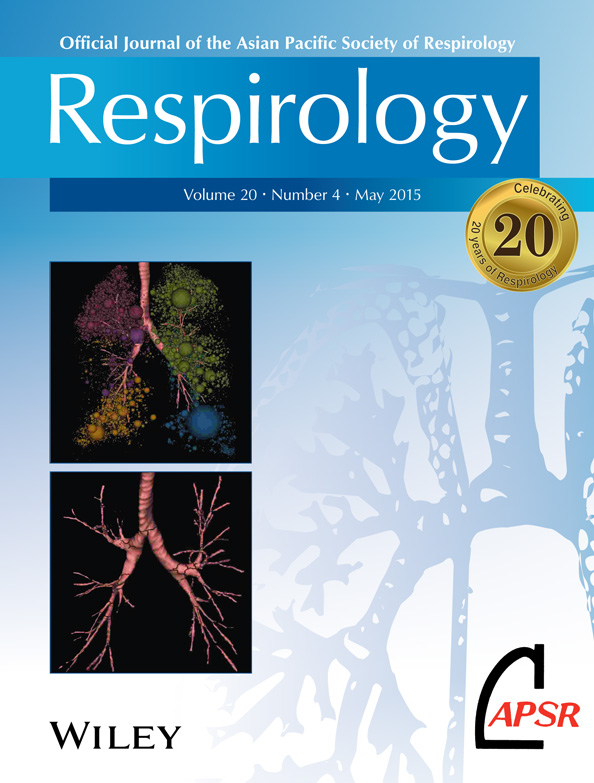Clinical features and survival of lung cancer patients with pleural effusions
Abstract
Background and objective
The clinical relevance of pleural effusions in lung cancer has seldom been approached systematically. The aim of this study was to determine the prevalence, causes and natural history of lung cancer-associated pleural effusions, as well as their influence on survival.
Methods
Retrospective review of clinical records and imaging of 556 consecutive patients with a newly diagnosed lung cancer over a 4-year period at our institution.
Results
Lung cancer comprised 490 non-small cell and 66 small cell types. About 40% of patients with lung cancer developed pleural effusions at some time during the course of their disease. In half the patients, the effusions were too small to be tapped. These effusions did not progress to require a pleural intervention. Patients with minimal effusions had a worse prognosis compared to patients without pleural effusions (median survival of 7.49 vs 12.65 months, P < 0.001). Less than 20% of the 113 patients subjected to a diagnostic thoracentesis had benign causes for their effusions. Palliative pleural procedures (like therapeutic thoracenteses, pleurodesis or tunnelled pleural catheters) were conducted in 79 (84%) of the 94 malignant effusions. An effusion's size equal to or greater than half of the hemithorax was a strong predictor of the need for a palliative procedure. Overall survival of patients with malignant effusions was 5.49 months.
Conclusions
Malignant pleural effusions are a poor prognostic factor in the setting of lung cancer, which includes minimal effusions not amenable to tapping.




